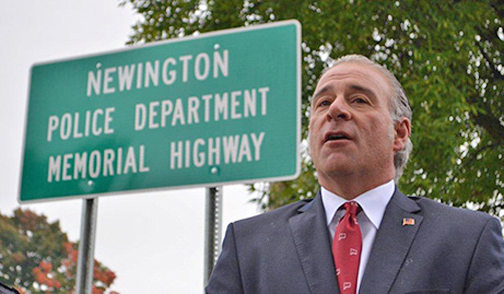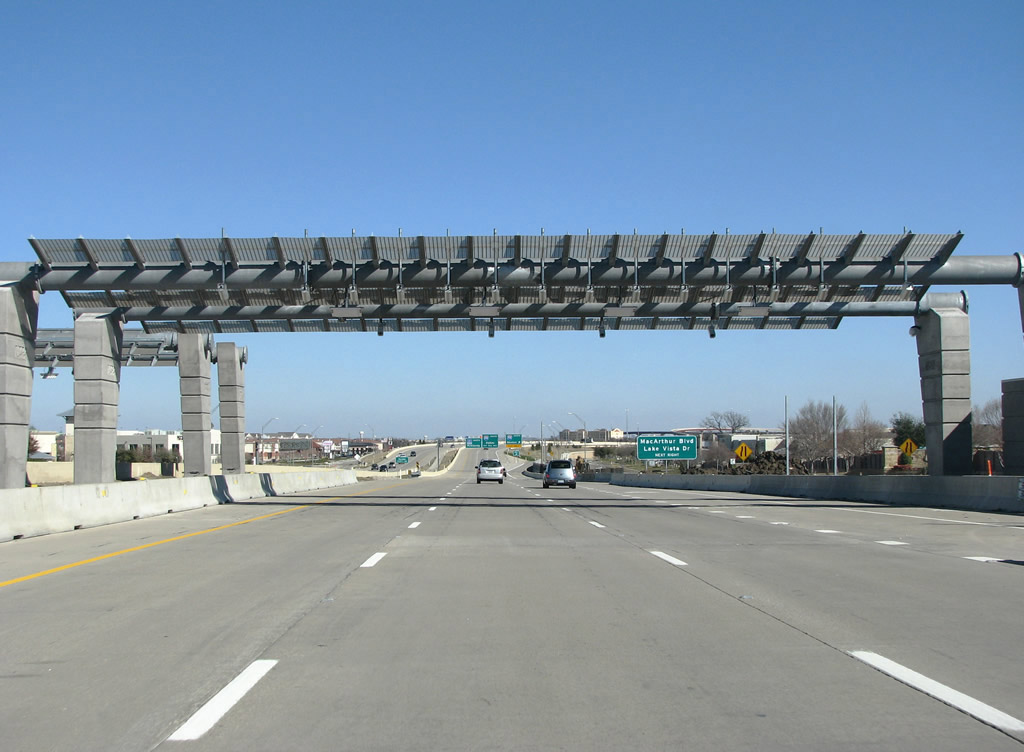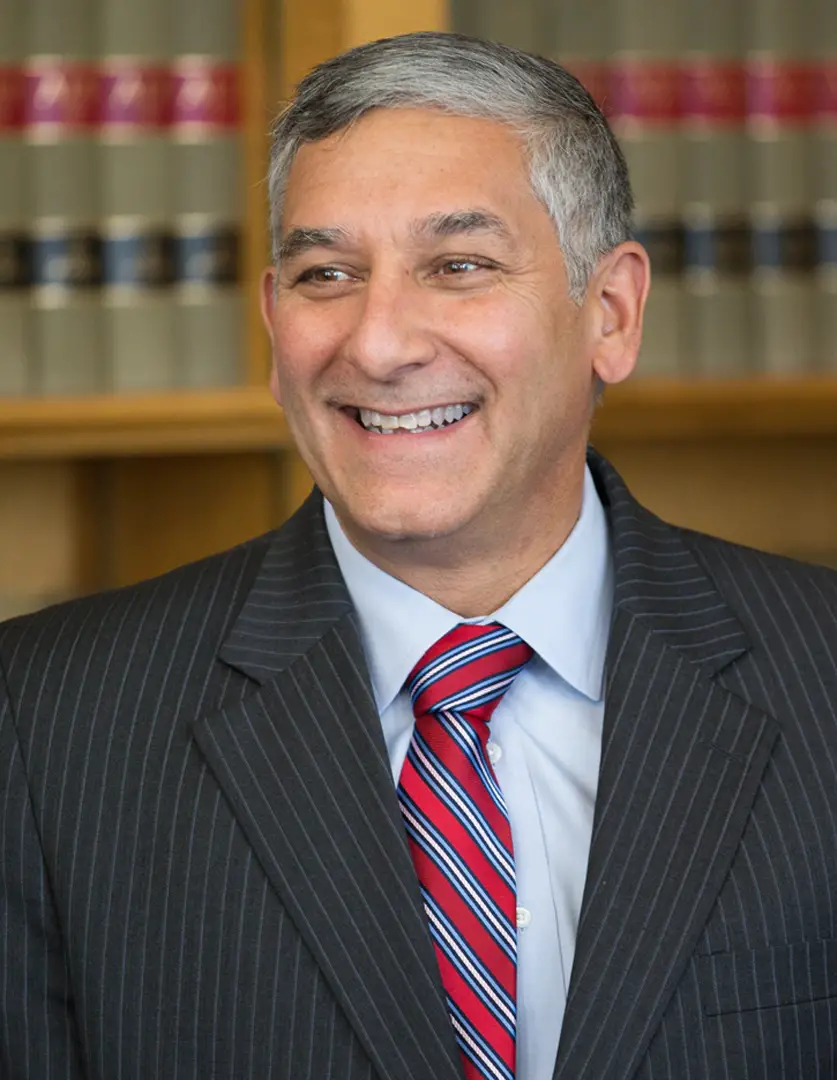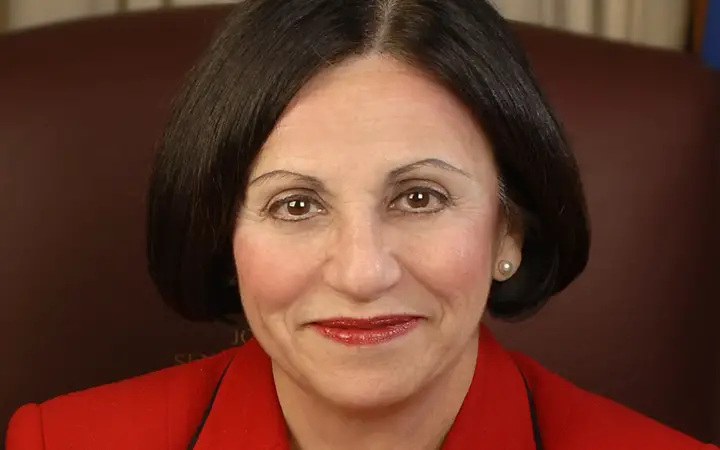The bell will ring again for bringing tolls back to Connecticut”™s highways, state legislators agree. Where they disagree is whether such a move makes sense.
Either way, Democrats and Republicans are in accord about it being a tough fight.

State Rep. Tony Guerrera, longtime Democratic co-chair of the state Transportation Committee, told the Business Journal he will “absolutely” introduce a bill to revisit tolls during the new legislative session scheduled to begin Feb. 7.
Such a measure failed to be voted upon in each of the past two sessions, but Guerrera ”” who represents Newington, Rocky Hill and Wethersfield — said the time has come to bite the bullet.
“We”™re dealing with a big infrastructure problem let”™s not kid ourselves,” he said. “A lot of our infrastructure was built in the ”˜60s, and we have to fix it, there are no ifs, ands or buts about it.”
As evidenced by Gov. Dannel Malloy”™s announcement last week that he was indefinitely postponing $4.3 billion worth of transportation projects until new revenue is appropriated for the Special Transportation Fund, “We just don”™t have the revenues going forward,” Guerrera said.
According to the Malloy administration, if no action is taken, the fund will be in deficit by 2019, and the deficit could reach $388.1 million by 2021-22.

A new toll system would be electronic, like the E-ZPass systems used in neighboring Massachusetts and New York. Precisely where each toll gate would be placed and pricing has yet to be determined. Locations suggested last year included on Interstate 84 from Hartford to New York and at the interchange of I-91, I-691 and Route 15 in Meriden.

Tolls probably won”™t be going along state borders. In 1983, Connecticut entered an agreement with the federal government by which it receives $3 for every dollar it spends on its highways, provided that no tolls are instituted at the state”™s borders. Senate Republican President Pro Tempore Len Fasano told the Business Journal that if the state does build borderline tolls, it would be required to pay back “every dollar we”™ve received since 1984” to the federal government.
Toll proponents like Guerrera claim the system could bring the state as much as $600 million per year in revenue. If a solution not involving tolls can be found, Guerrera said, “I”™ll lay off my messaging about electronic tolling, and you”™ll never hear me bring it up again.”
He warned, however, that he believes other solutions under discussion such as raising the gasoline tax, which supports the special transportation fund, are nonstarters.
According to the American Petroleum Institute, Connecticut”™s gas tax of 39.30 cents is already one of the highest in the country ”“ lower than neighboring New York”™s 44.30 cents but considerably higher than Massachusetts”™ 26.54 cents. The national average is 33.56 cents.
Guerrera said that a 14-cent to 20-cent increase to the gas tax would be needed “to get us where we should be. Do you think anyone in the legislature is going to vote for that?” The federal government hasn”™t increased its gas tax since 1993, he noted.
Even if that increase were to be approved, Guerrera argued that it would not be sufficient to keep up with the trend towards electric, hybrid and driverless vehicles. General Motors recently said it hopes to mass-produce self-driving cars that lack traditional controls like steering wheels and pedals by 2019, while Ford has said it expects to be producing similar vehicles by 2021.
Meanwhile, electric vehicle sales last year were reportedly up 25 percent over 2016.
Guerrera said that New York and Massachusetts drivers continue to benefit from the fact that Connecticut is the only state in the Northeast that doesn”™t have a toll system. “It”™s simple,” he said. “If you use (a highway), you pay for it. If you don”™t use it, you don”™t pay for it.”
He said that, if approved, tolls could possibly be in place within two years.

Guerrera”™s transportation committee co-chair, Republican Sen. Toni Boucher ”“ whose district includes Westport, Wilton, Ridgefield, Redding and parts of Bethel, New Canaan and Weston — remains firmly against tolls. “On every economic level, I hear that the high cost of living and working in Connecticut is already too high,” she said.
Having long derided tolls as “just another tax,” Boucher dismissed the argument that out-of-state drivers are benefiting unduly by the absence of tolls here, saying that such an argument is only true during weekends. Seventy percent of those using the state”™s highways during the work week are Connecticut residents, she said.
Boucher”™s real ire was directed at the Malloy administration, which she said “is the very cause of why they say we don”™t have enough transportation funds. They”™ve raided (the Special Transportation Fund) time and again for non-priority projects. They have raised rail fees by 18 percent since 2012 and taken money out of the transportation fund.”
“This is not just a new thing,” Boucher added. “They see this as an opportunity to push their agenda through, as a way to persuade the General Assembly that it”™s time for new taxes, that there”™s nothing else they can do. This is just a way of bullying legislators to tax more.”
Boucher said a better solution is the Republicans”™ Prioritize Progress transportation funding plan developed in 2015. That plan promises to provide $67 billion for transportation needs over the next 30 years without tolls or new taxes through a bonding system.
One of its driving forces is Fasano, who has claimed that, over the past four years, Malloy and Democratic legislators took $164 million from the special transportation fund to balance their budgets.
Without border tolls, the state is “left with congestion-pricing tolls,” Fasano told the Business Journal, “which is just going to make people get off 95 and on to another route. And if you start tolls on that route, then they”™ll go on another road. It just goes on and on and on.”
Joseph McGee, vice president for public policy and programs at The Business Council of Fairfield County, dismissed those concerns, saying his organization favors congestion pricing, particularly for trucks during the morning rush hour.
“It”™s the cost of congestion, lost hours in traffic, that”™s really hurting us,” McGee said. “It”™s probably the number one problem hampering economic growth in Fairfield County. We all know that raising the gas tax is not the solution going forward. And these trucks are just tearing up our roads.”
“Fairfield County legislators need to get on board to fix our highways and rail system now,” McGee added. “We”™ve got to come up with a solution or our economy will continue to move forward only very slowly.”
Joe Brennan, president and CEO of the Connecticut Business & Industry Association, said his group was “closely watching” the recently convened state Commission on Fiscal Stability Growth & Economic Growth, which among other issues is looking at transportation. It is required to submit a report on its findings and recommendations to the governor and the General Assembly legislature by March 1.
“The transportation fund is in real tough shape,” Brennan said. “We can”™t put our heads in the sand. We have to look at the needs of the state of Connecticut from an economic development standpoint.”
“It”™s a tough call because people don”™t want to look at new costs with the budget still out of balance,” he said. “But improving our roads will help the state be more competitive.”
















